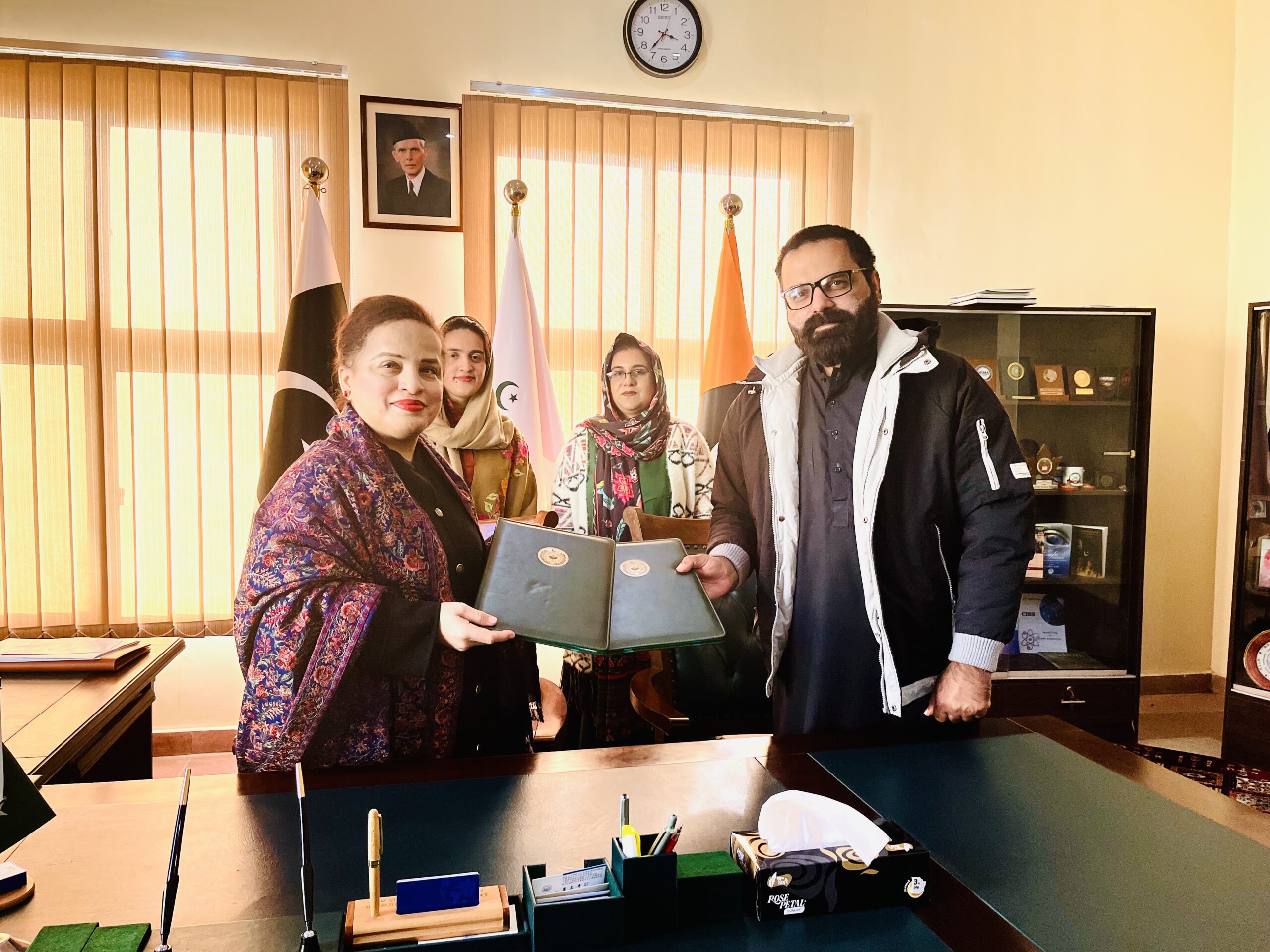A 34 year old American with an Indian-Ugandan background, Zohran Mamdani has earned his place within the progressive political sphere rather quickly. As a member of the New York State Assembly (first elected 2021), he has earned a reputation as an advocate of affordable housing, anti-racism, and social justice. He is also the first Muslim and the first South Asian mayor elected of the city. His life story of being born in Uganda to parents of South Asian background and attending New York public schools and indulging in activities like the Students for Justice in Palestine during college has made him have a global outlook. It is this cross-cultural upbringing coupled with the support of key international left-wing politicians (Sadiq Khan to Gustavo Petro) that have made Mamdani appear as an emerging progressive voice with an appeal further than the US.
During recent months Mamdani has gained publicity because he directly refers to the two world leaders as war criminals. During a visit to New York, he was questioned in one of his public forums whether he would be appearing alongside the Prime Minister of India, Narendra Modi. He did not hold back and replied that both Modi and Israeli Prime Minister Benjamin Netanyahu are criminals of war. To compare Modi with Netanyahu, who has committed war crimes against Gaza, Mamdani intertwined two contentious matters, which oppose the notion that influential leaders may be given unfair immunity.
The mention of Modi reminds of the Gujarat riots in 2002, which is a watershed incident in contemporary Indian history. The Hindus who died in the burning of a train in Godhra on 27 February 2002 sparked the violence. Following it a wave of retaliatory attacks came in Gujarat. Official government figures report 1,044 people killed in the riots , making it one of India’s worst episodes of communal violence. Rights groups, however, contend the toll was much higher. Human Rights Watch noted that over 850 people were officially acknowledged dead (mostly Muslim), and “unofficial estimates” of the Muslim death toll approached 2,000.
Observers have widely regarded the Gujarat violence as more than spontaneous rioting. HRW and other human-rights monitors found “attacks on Muslims planned well in advance” with local police and officials often complicit. Scholars describe the events as ethnic cleansing, the systematic targeting of Muslims for communal and political ends. Some analysts assert the scale met the legal definition of genocide.
India never faced international criminal proceedings over the riots. Domestic prosecutions have also been limited as only about 24 people (out of hundreds of accused) were convicted for specific attacks in Gujarat. Surviving victims’ families have pursued civil suits abroad, but courts have thrown them out on grounds of sovereign immunity.
On the other side of the equation lies Benjamin Netanyahu and the Gaza war. Over the past year, Israel’s military operations in the Gaza Strip have drawn intense scrutiny. In November 2024, the International Criminal Court (ICC) took the historic step of issuing arrest warrants for Prime Minister Netanyahu and then Defense Minister Yoav Gallant. The ICC indictment alleges that both men bear responsibility for using starvation as a method of warfare against Gazan civilians, a war crime under international law, as well as for widespread crimes against humanity including murder and persecution.
In its official announcement, Pre-Trial Chamber judges noted that customary international law “does not provide immunity for heads of state from criminal prosecution in international criminal courts.” In practical terms, this means any ICC member state (125 at present) must arrest Netanyahu or Gallant if they set foot in their territory.
At the heart of Mamdani’s statement lie core principles of international law. Under the Rome Statute (the ICC’s founding treaty), individuals can be prosecuted for war crimes (e.g. willful killing, torture, attacking civilians, using starvation as a weapon) and crimes against humanity (widespread murder, persecution, etc.). The ICC’s description of the Gaza allegations, “the war crime of starvation as a method of warfare” and “crimes against humanity of murder and persecution,” mirrors the kind of charges that human rights advocates have long said apply to Gujarat 2002. Likewise, a UN endorsed norm called Responsibility to Protect (R2P) holds that “each individual State has the responsibility to protect its populations from genocide, war crimes, ethnic cleansing and crimes against humanity.” Under R2P, if a state is unwilling or unable to prevent mass atrocities, the international community has a duty to intervene diplomatically, economically, or even militarily.
By calling Modi a war criminal, he asserts that the slaughter of 2002 met at least the threshold of war crimes or crimes against humanity under R2P principles. By citing Netanyahu’s ICC warrant, he appeals to a legal framework where even sitting leaders lose immunity for such crimes.
The reaction was divided among the Indian diaspora. The advocates of Prime Minister Modi vilified the remarks of Mamdani as anti-Hinduism. Major Hindu-American groups released an open letter saying that Mamdani had committed bigotry and prejudice against Hindus.
However, Human rights activist and Indian resident Harsh Mander said that he was a courageous voice and proposed that his focus on pluralism should be taken to heart by the political elite in India.
Israeli authorities that were already infuriated by the Mamdani endorsement of Palestinian rights condemned him as well. Hard-right Minister Itamar Ben Gvir declared the views of Mamdani to be anti-semitic and said that his win signified the triumph of antisemitism over common sense in New York. Diaspora-affairs minister Amichai Chikli even charged that New York was handing over the keys of the city to a Hamas supporter. Mamdani was supported, though, by younger Jews and moderate Democrats, indicating a division that was being reported by polling.
Mamdani is bold to equate Modi and Netanyahu to a larger trend of the growing expectations of accountability. Young leaders and activists across the globe speak against influential people on human rights. Authoritarian leaders are protested against ( e.g. in Sudan, Myanmar ), climatic protests are on the rise and social movements such as #MeToo go after those in power. Also, in both instances, an upheld generation does not want to turn a blind eye. Mamdani is not an exception to this trend as he is repeating a universal cry that genocide and war crimes cannot be put under the carpet even by those democratically elected into power. Surveys confirm this shift. GlobeScan discovered that the most frequent problem seen by Gen Z all over the world is the issues of human rights abuse and corruption and power abuse.
His remarks also strain the relationships between the US-India and US-Israel to deal with human rights openly. However, it is yet to be seen whether Mamdani will influence policy.
With reference to Gujarat and Gaza, Mamdani highlights that war crimes and genocide are not something of rhetoric but of international law. By doing this, he frustrates diplomats and heats up activists. His position among the youthful Americans and diasporas is indicative of an increased desire that no such powerful leader should have a free ride. This is in line with what is being witnessed globally with Gen Z and millennial trends pointing out that they will not tolerate injustice. Regardless of accepting his strategies or not, this example of Mamdani offers the idea that future politicians and leaders will be increasingly pressured to balance national loyalty with universal human rights and that the silencing of mass atrocities might come to an end.
The views expressed in this article are the author’s own. They do not necessarily reflect the editorial policy of the South Asia Times.
Also See: Framing the Enemy: Modi, Bollywood and the Battle of Narratives






![Prime Minister Narendra Modi with External Affairs Minister S. Jaishankar at an official event. [Photo Courtesy: Praveen Jain via The Print].](https://southasiatimes.org/wp-content/uploads/2026/02/20-scaled-e1755601883425-1024x576-1.webp)
